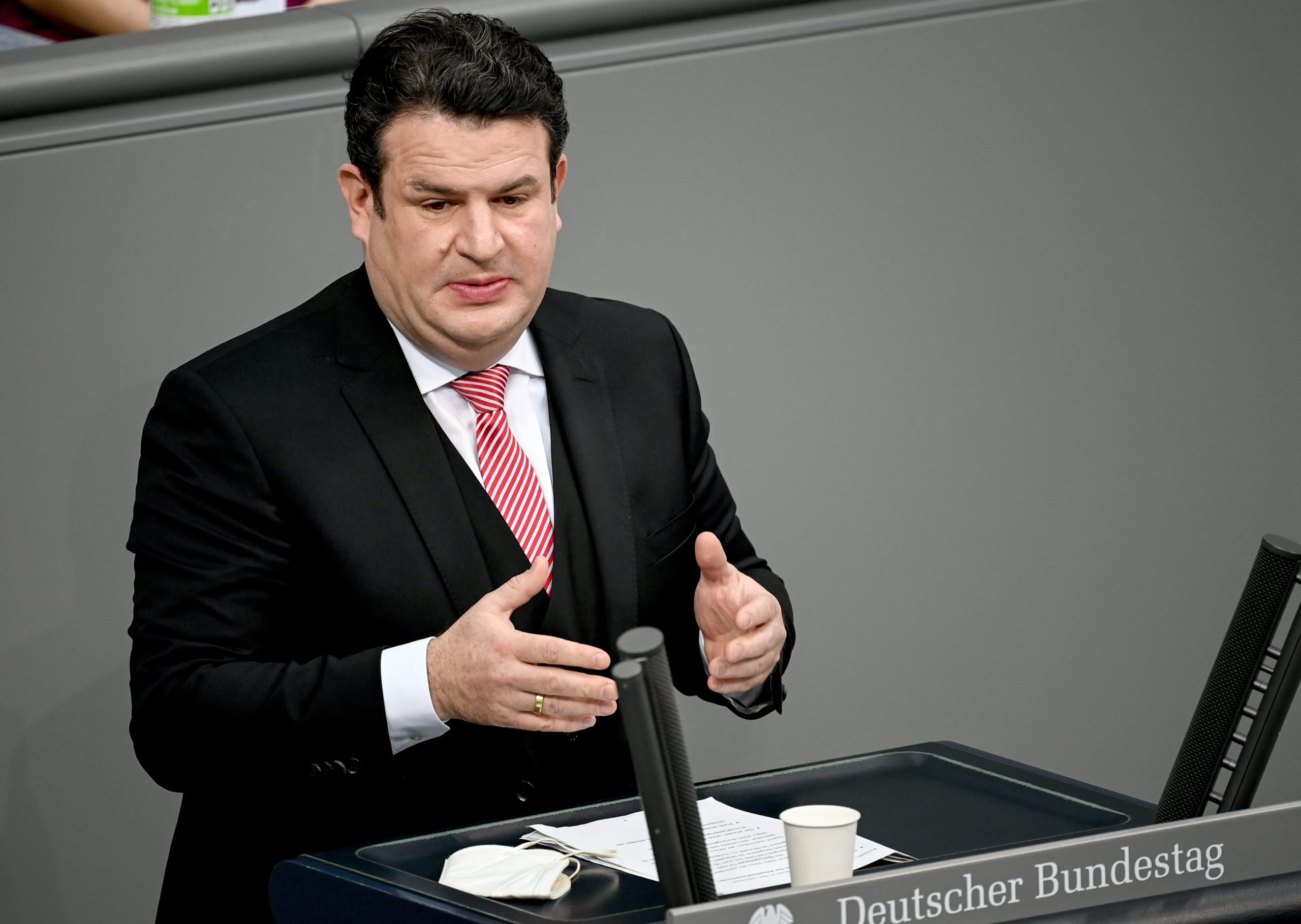According to reports by DPA, German authorities have stepped in to remove bureaucratic hurdles for Russian visa applications amid a spike in migration since the war.
Under the new conditions, Russian workers who who earn at least €43,992 a year and who want to transfer to Germany with their current employer will be granted “global access to the labour market”.
This special status means they can be automatically granted a long-term visa rather than applying for one through Germany’s Federal Employment Agency. The scheme will provisionally run until September but can be extended if necessary.
Along with the fast-track visas, German authorities have also taken steps to make the application process easier for Russians who could face difficulties in getting appointments or providing documents.
According to media reports, embassies are now accepting documents submitted via email rather than requesting original copies by post. This is because no postal services are currently running between Germany and Russia.
In addition, embassies are offering group visa appointments for multiple employees within the same company, since many firms are deciding to transfer whole departments to Germany in the wake of the war.
EU visas have been in the spotlight recently as the Commission is examining whether their “golden passport” schemes for wealthy individuals have allowed Russian oligarchs to launder their ill-gotten gains.
However, there’s also been speculation that the bloc will offer easier routes for skilled Russians to emigrate as a means of worsening the country’s brain drain and benefiting from the skills of well-qualified Russian immigrants.
READ ALSO: ‘Shady characters’: Will EU countries now put an end to ‘golden passport’ schemes?
Russian emigration
Since the beginning of Russia’s attack on Ukraine, hundreds of skilled workers from Russia have decided to move to Germany – the vast majority of whom already work for a German company.
Russian employees of international companies have been particularly hard hit by the sanctions, with many facing an uncertain professional future after the invasion.
“In April, around 350 visas for the purpose of gainful employment were issued to Russian nationals in Moscow,” the Foreign Office has stated.
In St. Petersburg, the German Consulate General reportedly issued 190 work visas in the same month.
German immigration attorneys have also reported a spike in the number of visa application cases they have supported Russians with in recent months.
“We have assisted with more than 400 applications for work visas from Russian citizens who want to come to Germany in the weeks since the war began,” said Katharina Vorländer, a lawyer at Fragomen Global LLP in Frankfurt am Main, a law firm specialising in labour migration.
According to Vorländer, around 30 percent of these applicants have already made it to Germany. This was only possible due to the support of the German authorities, she said.
Since Russia’s invasion of Ukraine, Germany has taken in around 600,000 Ukrainian refugees. People who were living in Ukraine at the date of Russia’s invasion on February 24th are currently entitled to live and work anywhere in the EU without a visa.
READ ALSO: EU countries agree to lift visa rules for Ukrainians fleeing war




 Please whitelist us to continue reading.
Please whitelist us to continue reading.
Member comments